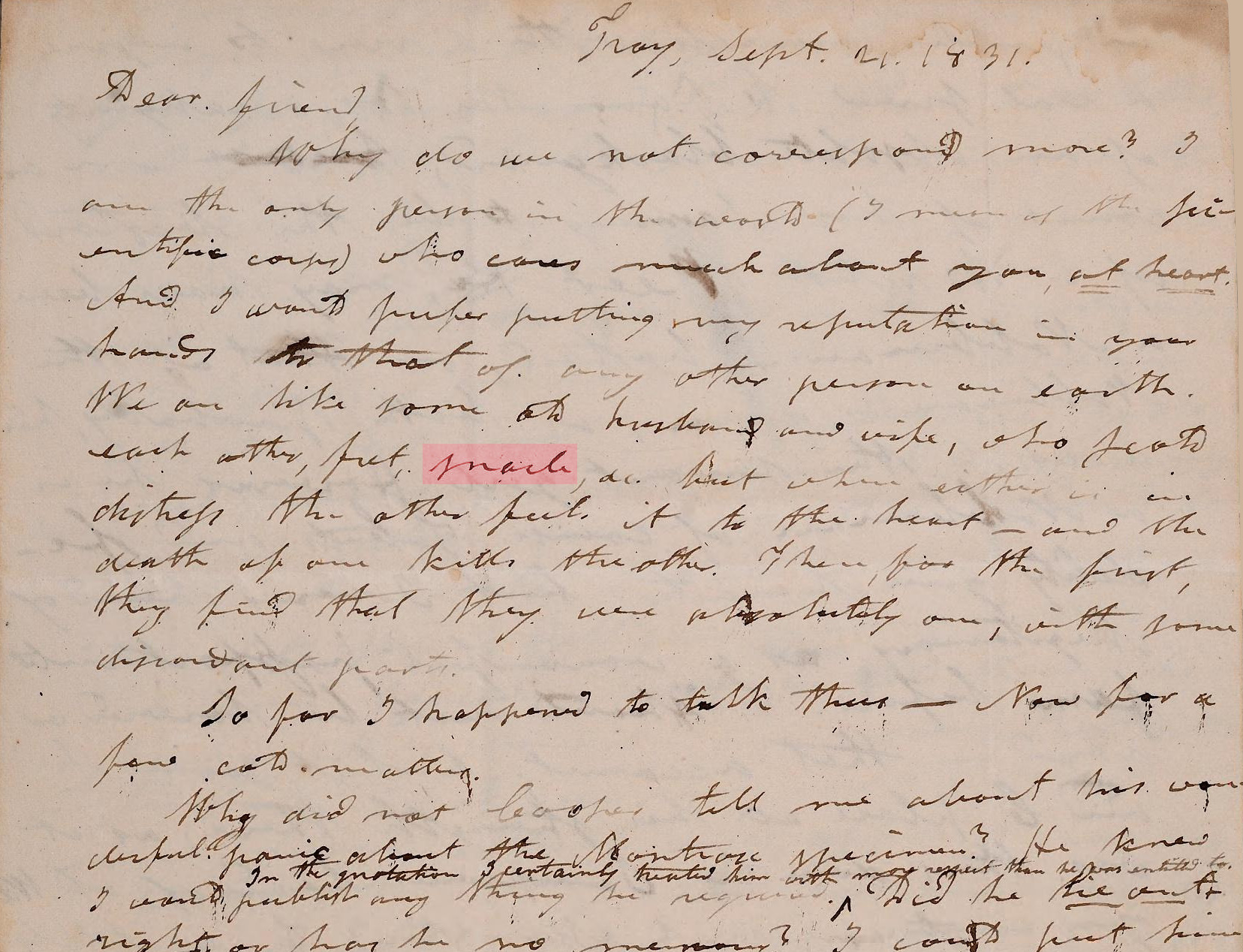Lewis Carroll did not coin the term snark. The term snark is older than Charles Lutwidge Dodgson (Lewis Carroll).
- 1584~1585: A Dictionary of the Older Scottish Tongue
«About this entry: First published 2001 (DOST Vol. IX).
Quotation dates: 1584-1585
Snark, n.
※ [? Cf. Jam. snark (1882, Ayr.), mod. Eng. snark (once, 1901) to grumble, fret, later Sc. dial. and mod. Eng. snark, snork to snore.]
※ A pejorative term the precise sense of which is unclear. —a1585 Polwart Flyt. 782 (T).
Sillie snark, lene raik, rak ane aik with the hinging»
(Thanks to Reddit user SagebrushandSeafoam for the comment.) - 1831-09-21: Amos Eaton wrote to to John Torrey (both were American botanists): “We are like some old husband and wife, who scold each other, fret, snark, &c. But when either is in distress the other feels it to the heart.” It is possible that the meaning of snark in 1585 and 1831 was not too different from how we use the term today.

- 1832-01-27: Dodgson (Carroll) was born in Daresbury, Cheshire, England.
- 1866-09-29: The term snarking was used onomatopoeically in Notes and Queries, Series 3, Volume 10, p. 248, doi: 10.1093/nq/s3-X.248.248-f
- 1874-07-18: The very last line of Carroll’s Snark tragicomedy came into his head while out on a walk at Guildford: For the Snark was a Boojum, you see.
- 1875-10-25: Carroll decided to use The Hunting of the Snark as the title of his Snark tragicomedy (which in Henry Holiday’s view started out as a tragedy).
- 1876-03-29: At Macmillan, Carroll prepared 80 presentation copies for family and friends.
- 1876-04-01: Macmillan officially published Carroll’s Snark poem with Henry Holiday’s illustrations.
※ For comments: Bluesky and Reddit.
※ Links: notoneoffbritishisms.com.
This is an update to the post Snarking.
2025-11-03, updated: 2025-12-07

